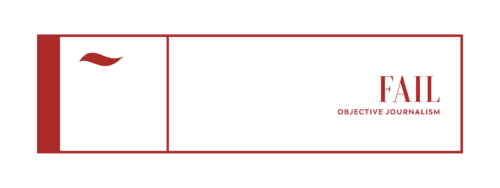News
BREAKING: Wait Till You Hear About Biden’s Pronoun Police

In a recent internal memo to State Department staff, Secretary of State Antony Blinken urged employees to embrace gender-neutral language, citing the importance of avoiding “misgendering” co-workers. While the intention to foster inclusivity is commendable, the directive raises questions about the priorities of the State Department and the practicality of such measures.
Blinken’s memo, titled “Modeling DEIA: Gender Identity Best Practices,” emphasizes the idea that gender is a “social construct” and warns against the potential problems associated with misgendering colleagues. The memo recommends employees to include their preferred pronouns in email signatures and during introductions, offering examples such as she/her, he/him, they/them, and ze/zir.
The push for gender-neutral language extends beyond pronouns, with Blinken suggesting alternative terms to replace traditional expressions. For instance, “manpower” should be replaced with “labor force,” and “ladies and gentlemen” with “folks.” The memo goes on to provide substitutions for familial terms, encouraging the use of “parent” instead of “mother/father,” and “child” instead of “son/daughter,” among others.
While promoting inclusivity and respect for diverse gender identities is a laudable goal, the State Department’s focus on these language changes raises concerns about misplaced priorities. Critics argue that the emphasis on linguistic adjustments may divert attention from more pressing diplomatic and international issues.
Moreover, this move is not isolated, as Blinken’s tenure has been marked by a broader push towards what some describe as a “woke culture” at the State Department. The installation of a “Diversity Equity & Inclusion” (DEI) director and the subsequent mandate for U.S. diplomats to “advance” DEI efforts for career advancement have stirred controversy.
Critics contend that these measures may be overshadowing the primary responsibilities of the State Department, diverting resources and attention away from critical diplomatic endeavors. As the global landscape continues to evolve, with challenges ranging from geopolitical tensions to public health crises, some argue that the focus on gender-neutral language might is an unnecessary distraction.




